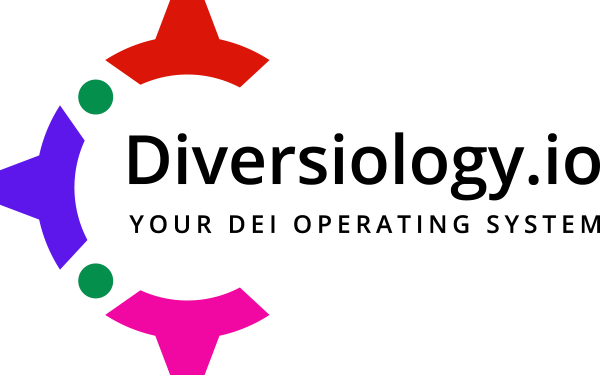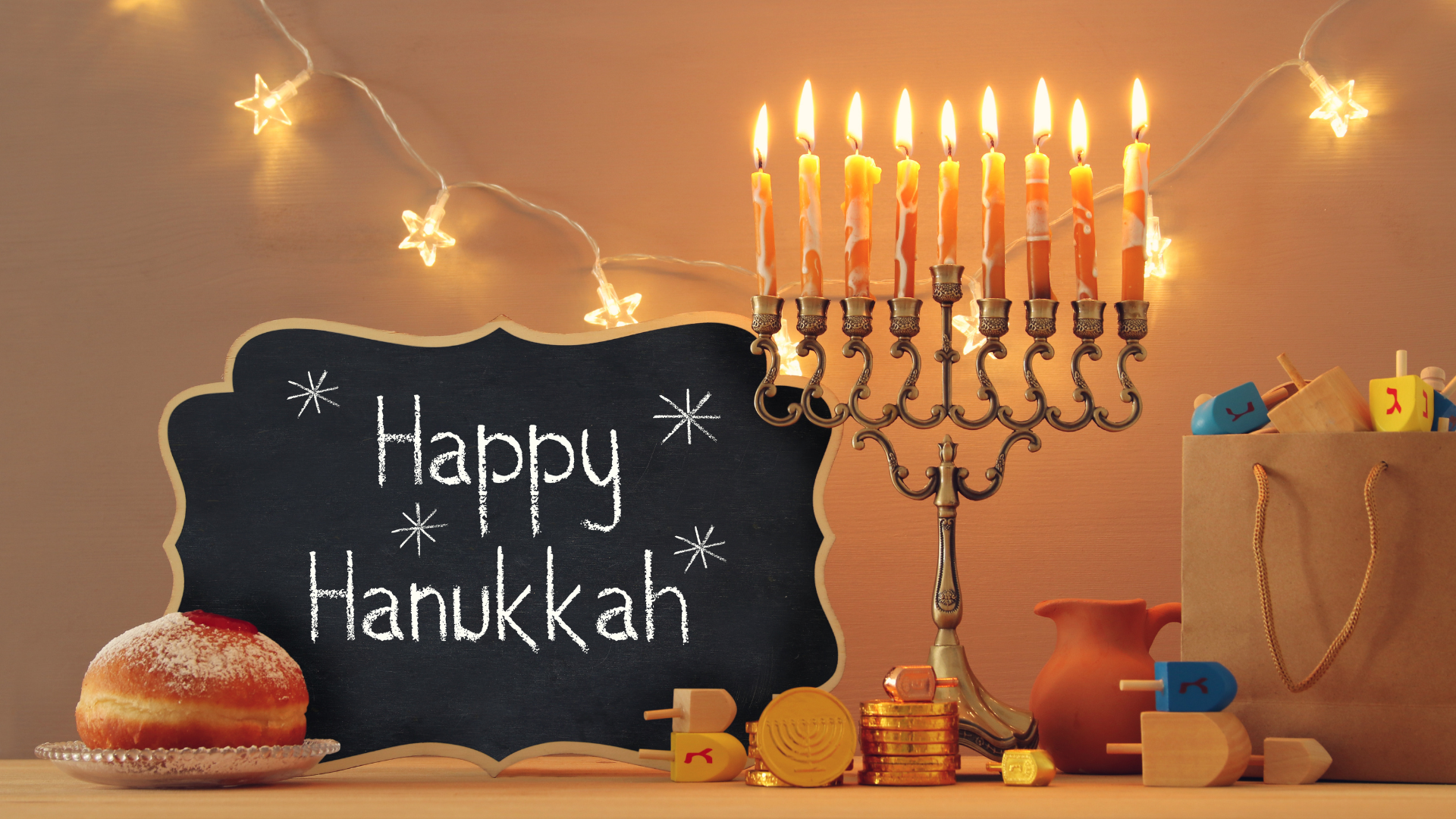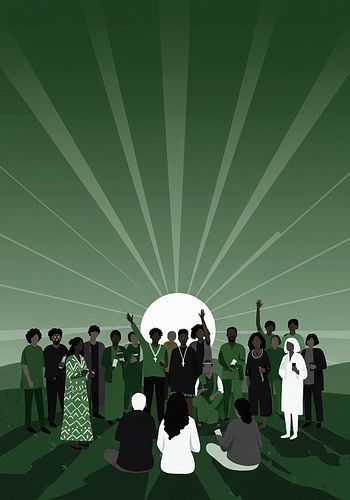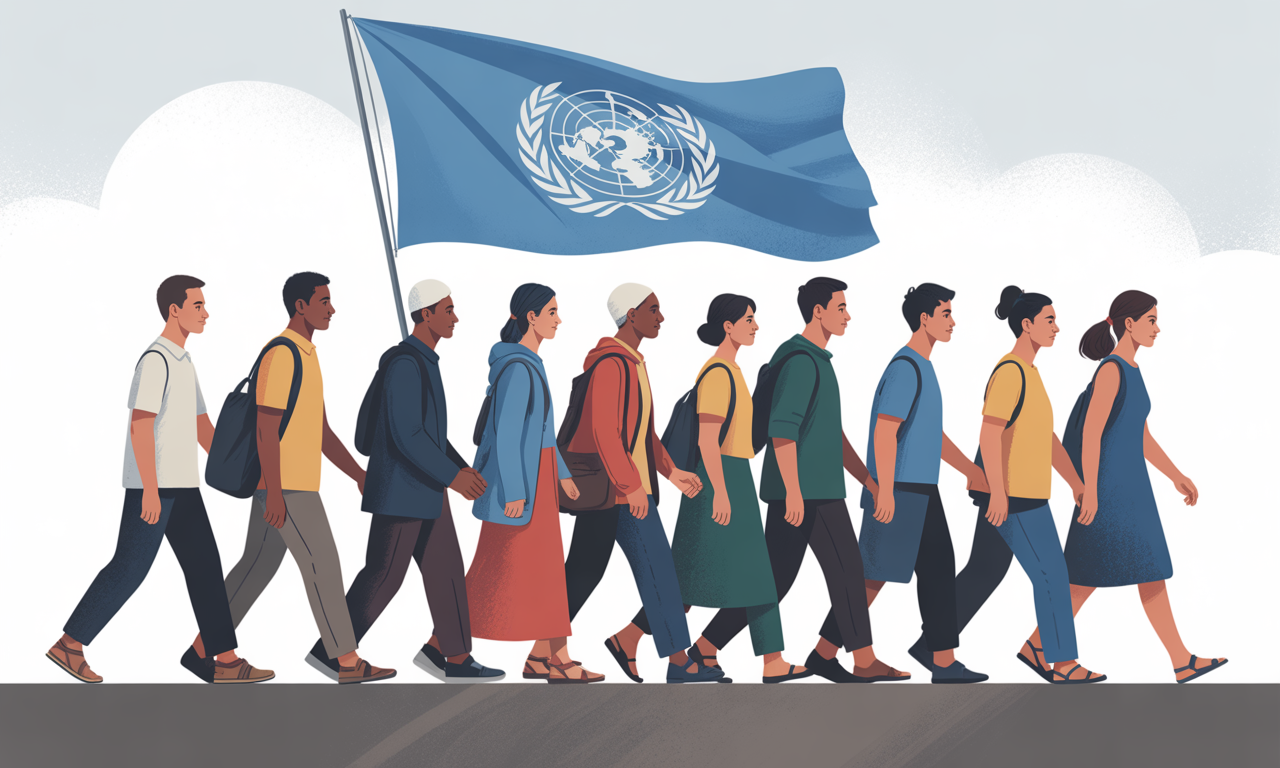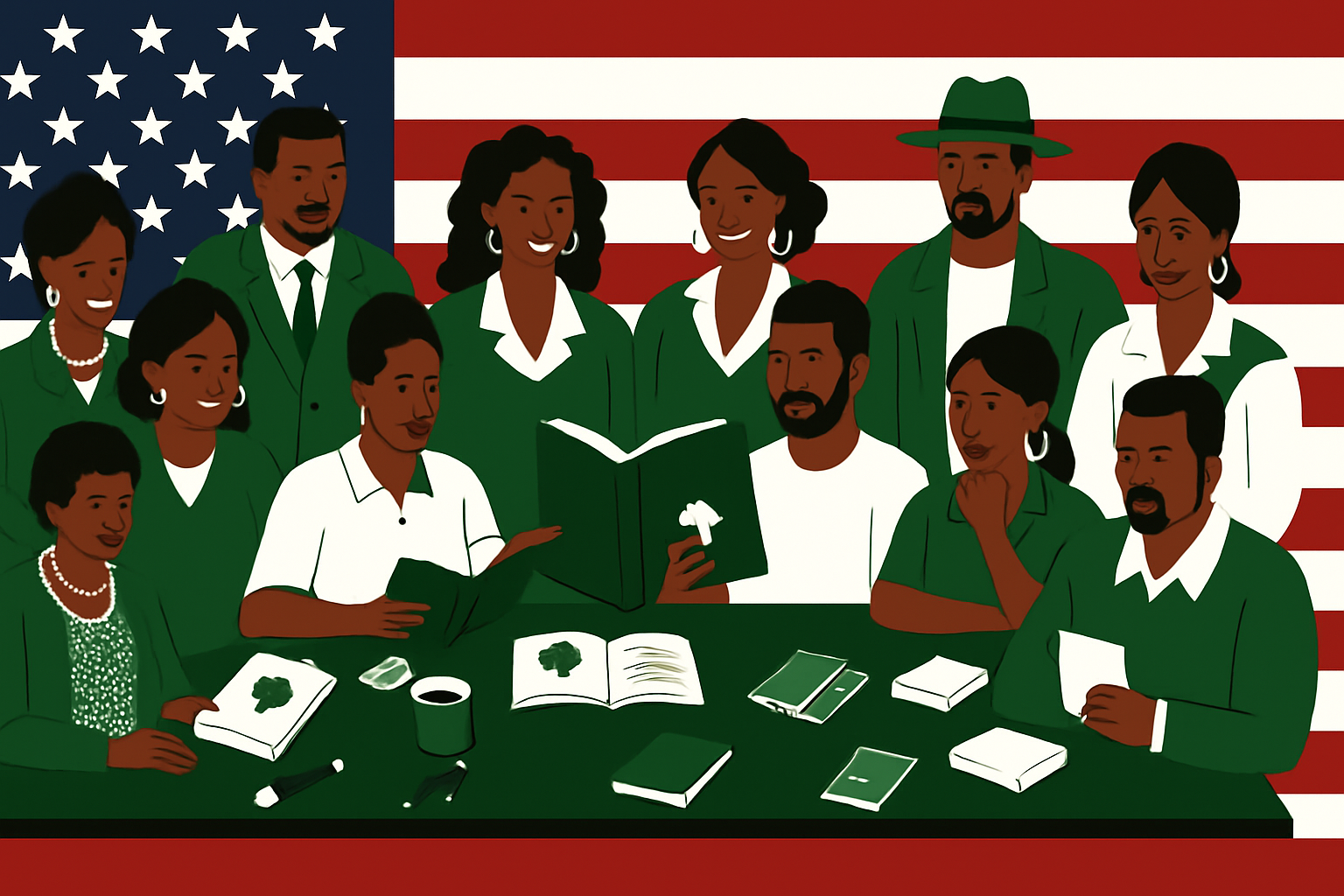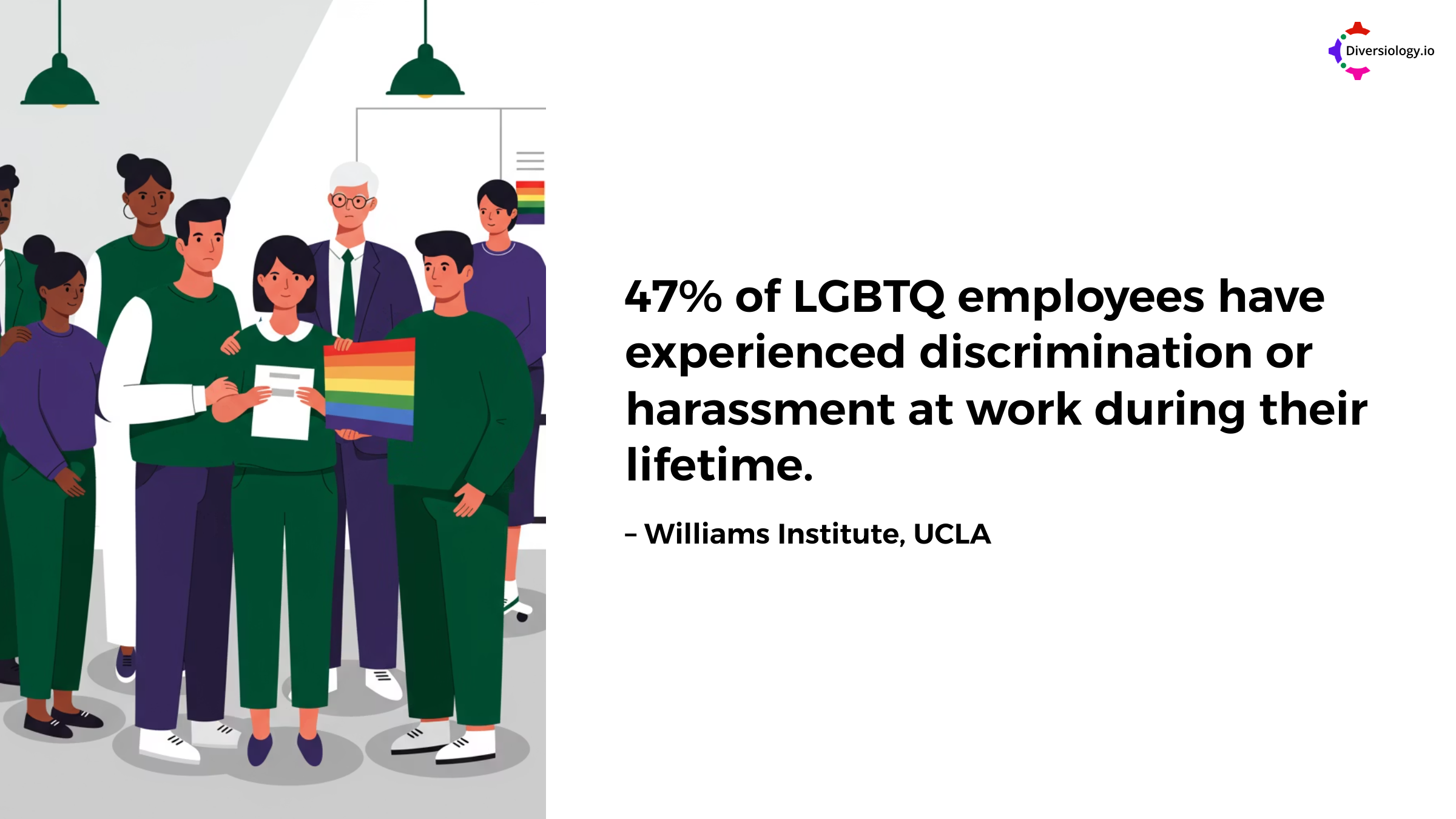Hanukkah, also spelled Chanukah or Hannukah, is a Jewish festival that celebrates the rededication of the Second Temple in Jerusalem following the Jewish victory over the Syrian-Greeks in 165 BCE. It is often called the Festival of Lights, owing to the central ritual of lighting the menorah, a special candelabrum, over eight nights.
Illuminating Hanukkah: The Festival of Lights and Its Enduring Significance
The primary intention of Hanukkah is to commemorate the miracle where the menorah in the Temple, with only enough consecrated oil for one day, miraculously burned for eight days – the time needed to prepare and consecrate new oil. This event symbolizes the triumph of light over darkness and the Jewish people’s resilience in the face of oppression.
A Mosaic of Meaning: Exploring the Cultural, Historical, and Global Dimensions of Hanukkah
- Cultural and Religious Diversity: Hanukkah provides an opportunity to recognize and celebrate Jewish culture and religious practices, enhancing awareness and respect for these traditions among people of all backgrounds.
- Historical Diversity: It educates about a significant historical event and the enduring impact of that history on contemporary Jewish life.
- Global Diversity: The observance of Hanukkah varies in different parts of the world, reflecting the diverse experiences of the Jewish diaspora.
Join the Diversiology community to read the full article and learn how to celebrate Hanukkah with respect and inclusivity. Discover more, engage deeply, and learn continuously on our platform. Access resources and tools like our comprehensive diversity calendar and immerse yourself in a vibrant community of learners and leaders committed to making a difference – one story, one conversation, one resource at a time.
